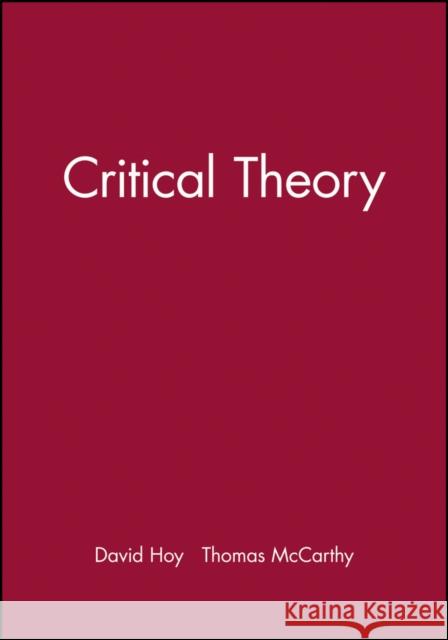Critical Theory » książka
Critical Theory
ISBN-13: 9781557861733 / Angielski / Miękka / 1994 / 292 str.
Philosophical controversies within contemporary critical theory arise largely from questions about the nature, scope and limits of human reason. As the linguistic turn in twentieth-century philosophy has increasingly given way to a sociocritical turn, traditional ideas of 'pure' reason have been left further and further behind. There is however considerable disagreement about what that shift entails for enlightenment ideals of self-consciousness, self-determination, and self-realization.
In this book two prominent philosophers bring these disagreements into focus around a set of familiar philosophical issues concerning reason and the rational subject, truth and representation, knowledge and objectivity, identity and difference, relativism and universalism, the right and the good. But these -perennial problems- are resituated within the context of critical theory as it has developed from the work of the Frankfurt School in the 1930's and 1940's to the multiplicity of contemporary approaches: genealogical, hermeneutic, neopragmatist, deconstructive, and reconstructive.











